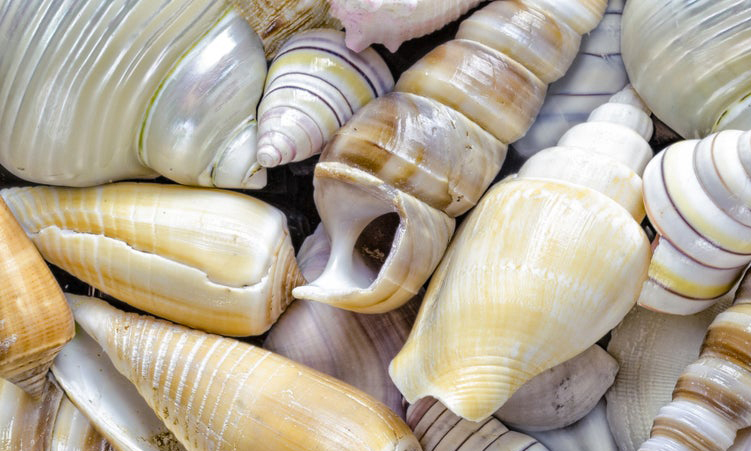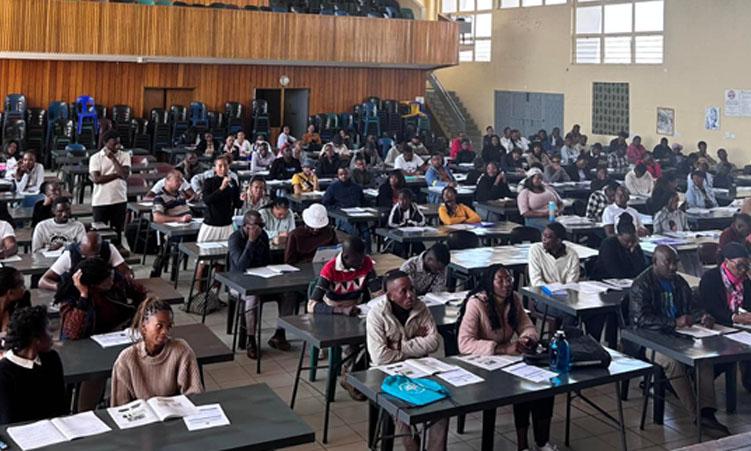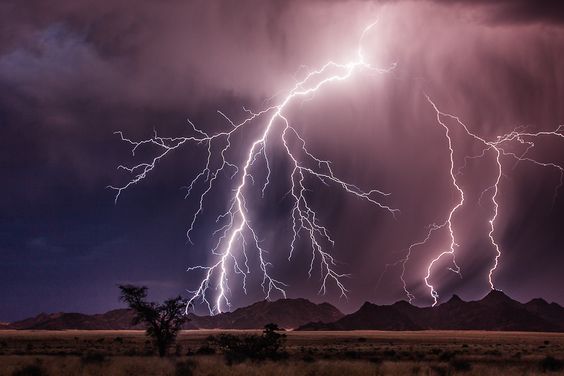The Atlantic Ocean is the lifeblood of Walvis Bay resident Selma Nakale’s business.
Nakale is part of a five-member women’s group called Meme Humbapo (‘women stand up’), which makes traditional ornaments from seashells for sale to tourists and members of the public.
“This reduces our financial dependence on our male partners, and as our name suggests, we want to stand on our own,” she said at a five-day workshop on climate change and its effects at Swakopmund, which was held from 12 to 16 February.
The workshop was funded by the Climate Change and Sustainable use of Natural Resources Project under the Ministry of Environment, Forestry and Tourism in collaboration with the Deutsche Welle Akademie (Namibia), Namibia Nature Foundation, and the Namibia Media Trust.
Nakale said although the members of her group still generate an income from the ornaments they make, sales have been declining over the years.
“Our biggest challenge is getting the shells, because the waves wash them to the shore and at high tide wash them back, and sometimes we do not find any,” she said, blaming this on rising sea levels due to climate change.
This was echoed by Elizabeth Elago, a single parent who also makes the traditional ornaments at DRC Women’s Project at Swakopmund.
She said the quality and size of seashells have deteriorated over the years.
“The shells have become thinner over the years, making them brittle and difficult to drill, grind or file, and I believe the molluscs are dying before they are fully mature and before their shells become hard enough.
“All this is due to climate change that is affecting the ocean,” Elago said.
Marine biologist Titus Shaanika, a member of the Albatross Task Force (ATF), said habitat destruction and chemical changes at the bottom of the ocean as seawater warms up, result in changes like sudden increases in the levels of sulphur, which kills a lot of marine organisms.
“These are caused mainly by human activity like pollution, leading to more dead animals at the bottom of the ocean,” he said.
Nakale said the members in her group have no formal marketplace for their ornaments at Walvis Bay.
They sell their products on the streets, from their homes and through referrals.
They also send some pieces to the north where they are valued as traditional ornaments, she said.
The women also sell bird-scaring lines (aka tori lines) to hake trawlers to reduce bycatches.
“We started making tori lines, working from the bird paradise tourist site, when we were not making necklaces,” Nakale said.
With the help of Namibia Nature Foundation and the ATF, they were offered a place to work from at Walvis Trawl Company, she said.
Shaanika said industrial fishing is a significant cause of seabird mortality and one of the reasons for the decline in the albatross population.
“The birds get hooked on lines dragged behind longline fishing vessels and they drown. They also collide with cables and become entangled in the nets of the trawlers. The hake trawlers and longline fisheries are required by law to attach bird-scaring lines to their boats,” he said.
According to Namibia Nature Foundation, the use of bird-scaring lines has reduced the number of seabirds killed by the longline fleet from about 22 000 in 2009 to about 215 in 2018.
The Meme Humbapo group sells the tori lines for about N$3 000 a piece to hake fishing companies, Nakale said.
Rodney Braby from Namibia Nature Foundation highlighted shortcomings and contradictions in the implementation of different pieces of legislation by different ministries that manage the environment, as well as marine resources.
“The government must make the requirement for tori lines applicable to all fishing boats, and not hake trawlers only,” he said.
Dietlinde Nekwaya-Jacobus, a lecturer at the University of Namibia’s Dr Sam Nujoma campus at Henties Bay, said the Atlantic Ocean supports a large number of livelihoods besides seashells and tori lines, as there are also artisanal fishermen and coastal tourism.
“The Namibian Marine Ecosystem Services project, which seeks to support marine planners, stakeholders and policymakers to make more informed planning decisions regarding ocean use, says there are about 102 tour operators registered at the coast,” she said.
– email: matthew@namibian.com.na
Stay informed with The Namibian – your source for credible journalism. Get in-depth reporting and opinions for
only N$85 a month. Invest in journalism, invest in democracy –
Subscribe Now!






